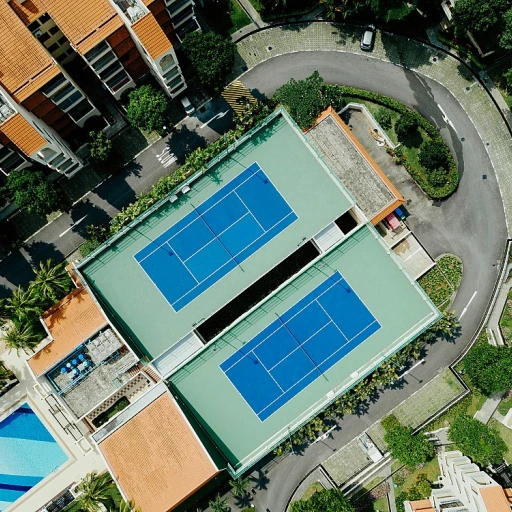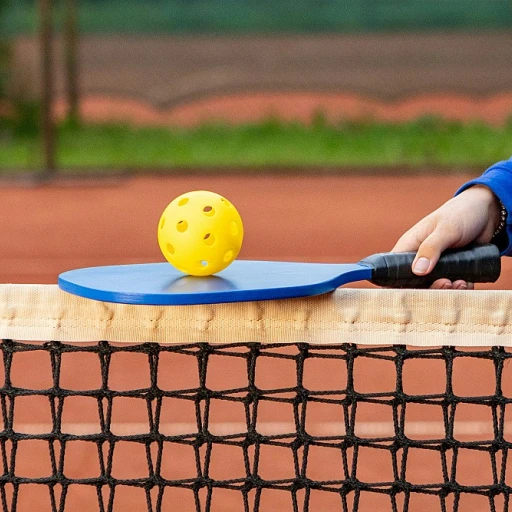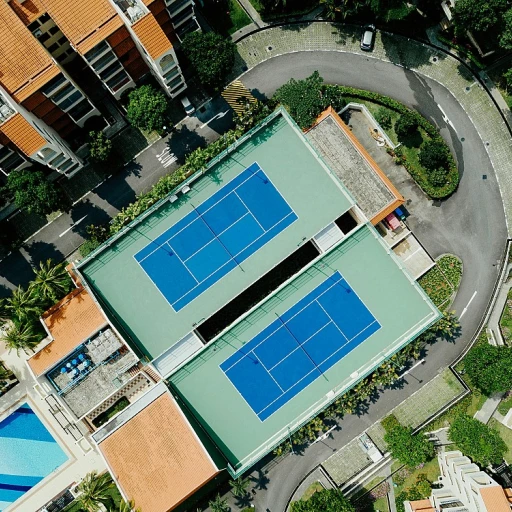
Understanding Pickleball Leagues
Getting to Know Pickleball Leagues
Pickleball leagues are a fantastic way to dive deeper into this fun, fast-paced sport, whether you're a seasoned player or just getting your feet wet. They're more than just organized play; they bring together players of all skill levels and ages, forming a tight-knit community focused on having fun and improving skills. What's awesome about pickleball leagues is the camaraderie they foster. You'll meet folks who are just as enthusiastic about the game as you are, and whether that's joining a team or getting into individual matches, there's a spot for everyone. From recreational age to intermediate players, there's a league suitable for each skill level. But it's not all about the fun—there's a competitive edge too. Leagues usually have a set schedule that spans several weeks, with games often taking place once a week. Players get matched up against opponents with similar playing status, making it thrilling to play while constantly honing your skills. If you're worried about logistics like cost, most leagues lay them out clearly at the time of registration. For team play, there's typically a total cost that the team shares, while individuals may wish to register separately, considering individual costs. Costs might include a team deposit or individual deposit, and it's important to know your team status and individual status before diving in. Lastly, for those eager to sign up, do it quick—pickleball leagues can fill up fast as spots are often in high demand during the season. So, if you find an "open" league, seize the opportunity. Connect with others, enjoy the thrill of the match and immerse yourself in the pickleball community. Find out more here.The Benefits of Joining a Pickleball League
Discover the Perks of Being Part of the Pickleball Fun
Joining a pickleball league isn't just about the game – it opens up a world of benefits that'll make you wonder why you didn't join sooner. Let's see what makes being in a league worth every swing.- Challenge Yourself and Grow: Playing regularly in a league helps you improve your skills. Leagues often have matches every week, which keeps your momentum going and your skills sharp. It’s a perfect fit whether you’re in it for recreational age fun or aiming for that intermediate age challenge.
- Meet New Players and Form Teams: Pickleball is known for its welcoming community. In a league, you'll meet players of all levels and personalities. You can even form teams or join existing ones, turning individual play into a team-focused experience.
- Competition with a Side of Camaraderie: While there's plenty of competitive spirit, it's balanced with the camaraderie that makes the game enjoyable. Leagues often have mixed levels, blending intensity with a friendly atmosphere.
- Keep Track of Your Progress: Leagues offer a structured way to track your game status. You can monitor your individual status and team status throughout the season, getting insights into where you shine and where you might need a bit of practice.
- Certain Costs, Priceless Value: The league's open cost, along with cost for individual or team total, is a small price for a season full of action. Your deposit team or deposit individual ensures commitment, so no worries about forfeit. It's an investment in fun, fitness, and friendships.
- A Seasonal Commitment with Flexibility: Most leagues operate on a seasonal basis, such as from March to June, with info readily available to plan ahead. You just need to sign up, pay the cost deposit, and play your heart out each week!
Types of Pickleball Leagues
Various Leagues for Every Preference
Finding the right pickleball league often feels like hunting for the perfect pair of sneakers—something that fits like a dream and matches your play style. Pickleball leagues come in a variety of flavors, so let's explore what might be on the court for you.Team Leagues
These are classic, you know, where camaraderie is key. Team leagues focus on groups of players organizing into teams, often competing in a vibrant setting filled with team dynamics. You'll find that participants usually register their squad for an entire season, each week facing different teams. Picture it; it's like "Friends" meets "Game of Thrones," and you're in the middle, playing with a paddle.- Age Categories: From budding youths in the age team brackets to seasoned seniors, all enjoy their time on the court.
- Skill Levels: Be it recreational or intermediate age groups, each offers its unique twist on playability.
- Cost & Deposits: Might include a team total, with a deposit team fee, and additional cost deposits for perks.
Individual Leagues
If you're flying solo, individual leagues might just be your pickleball paradise. Here, the spotlight shines on personal skill, letting you demonstrate your expertise on the court. Each player's individual status and performance are tracked across matches.- Flexibility: Great for those with jam-packed schedules, allowing for individual sign-ups based on availability.
- Cost Structure: Generally features a cost individual scheme, with potential open costs subject to individual play time.
Recreational or Competitive?
Choose wisely. For those who like their pickleball with a side of fun, many recreational leagues offer a more relaxed vibe. Often age-wise recreational groups have no competitive pressure, focusing on the joy of the game. Competitive folks can test their mettle in more serious leagues designed to enhance skills and earn a team status amidst a higher stakes environment. Intermediate age groups usually have leagues keen on pushing limits.Other Considerations
Picking the right league isn't all strategy and sweat.- Open Leagues: They're inclusive—whether for the committed athlete or the curious newbie looking to step into the sport.
- Season Timing: Some leagues kick butts in the spring, so getting March info can set your planning in order.
- Forfeit & Costs: Missing matches can lead to forfeits, potentially affecting team standings and costing dearly.
Challenges in Pickleball Leagues
Obstacles and Hiccups Pickleball Enthusiasts May Face in Leagues
When you're eager to get out on the court, playing pickleball in a league sounds fantastic. But as with anything, there are some challenges that players might face while being part of a pickleball league. Here's what you might encounter:- Team Coordination: Whether it’s a friendly recreational playgroup or a competitive intermediate team, getting everyone on the same page schedule-wise is tough. Different ages, individual responsibilities, or even age-related recreational playing times can conflict.
- Individual Status and Commitment: Players' commitment can fluctuate due to personal reasons, affecting their status in the team. It's important to have a solid sign-up and individual deposit system to minimize unexpected forfeits.
- Cost Considerations: Each league might have costs from individual registration fees to team total deposits. Some might find the cost prohibitive, while others see the value in the play. Assessing open cost, deposit totals, and cost individual calculations are essential before registering.
- Skill Levels: League rules often group players by skill levels. If you're an intermediate age player, you might feel out of level when matched with more experienced players. Ensure you register in the correct league tier that matches your personal skills.
- Scheduling Conflicts: Balancing work, life, and the will to play when the league schedules games every week can be hard. Planning ahead and knowing the march info, such as game timings, helps.
Future of Pickleball Leagues
The Road Ahead for Pickleball Leagues
As pickleball continues to capture the hearts of players across all age groups, the future of pickleball leagues looks bright and promising. With more people picking up paddles every week, the demand for organized play is on the rise, leading to exciting developments in the league scene.
One of the key trends we see is the diversification of league formats. From recreational to competitive levels, leagues are catering to a wider range of skill levels and preferences. Whether you're an individual looking to sign up for a league or part of a team seeking to compete, there's something for everyone. The individual status and team status options are becoming more flexible, allowing players to find the right fit for their level and age, whether it's recreational or intermediate.
Another exciting development is the use of technology to streamline the registration and management process. Players can now easily access individual info and team total details online, making it simpler to track season progress and status open for new leagues. This digital shift not only reduces the hassle of paperwork but also enhances the overall experience for players and organizers alike.
Cost considerations are also evolving, with options like cost individual, cost deposit, and open cost being tailored to suit different budgets. Leagues are working hard to ensure that the cost total is accessible, encouraging more players to join without financial barriers. The introduction of deposit individual and deposit team options also helps in managing finances more effectively.
Looking ahead, the future of pickleball leagues is not just about expanding numbers but also about fostering a sense of community. As players come together to compete and enjoy the game, they form bonds that go beyond the court. Whether it's sharing a laugh after a match or supporting each other through tough games, the camaraderie in pickleball leagues is something truly special.
In conclusion, the road ahead for pickleball leagues is paved with opportunities for growth, inclusivity, and community building. As more players discover the joy of the game, leagues will continue to evolve, offering new ways to play, connect, and thrive. So, whether you're a seasoned player or a newcomer, there's never been a better time to get involved and be part of this exciting journey.
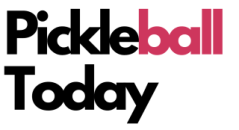
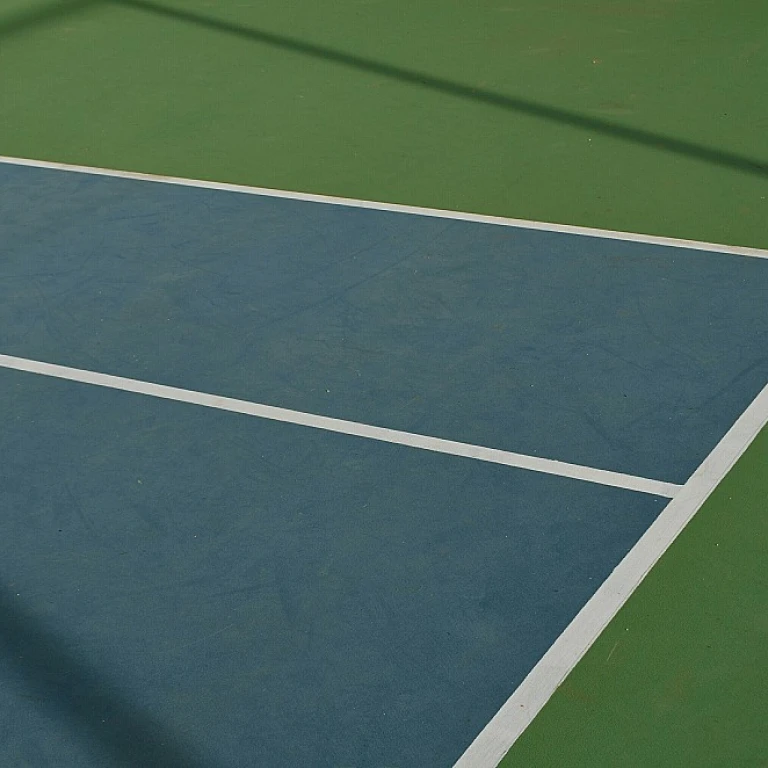
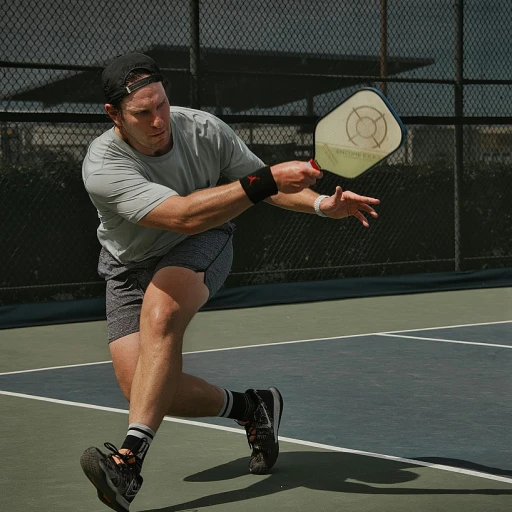

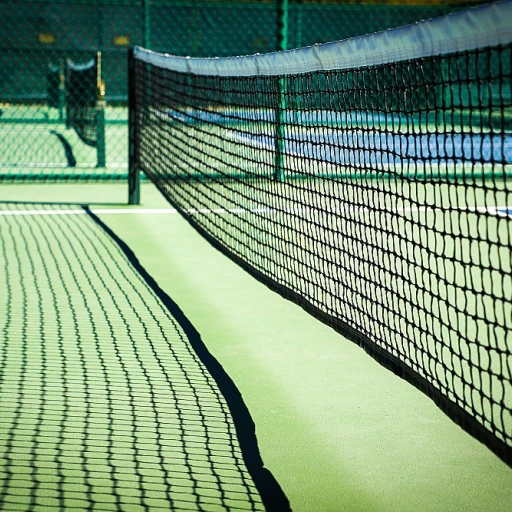
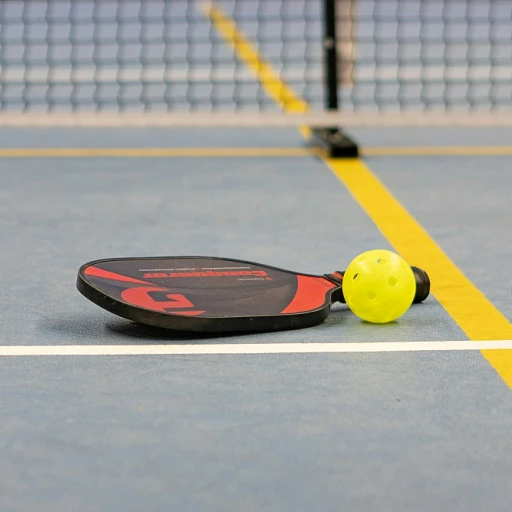

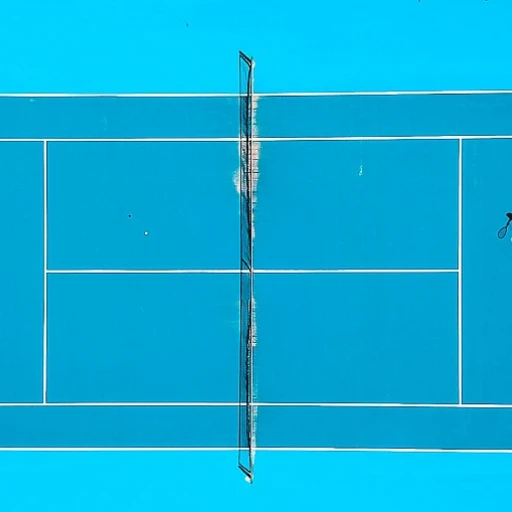
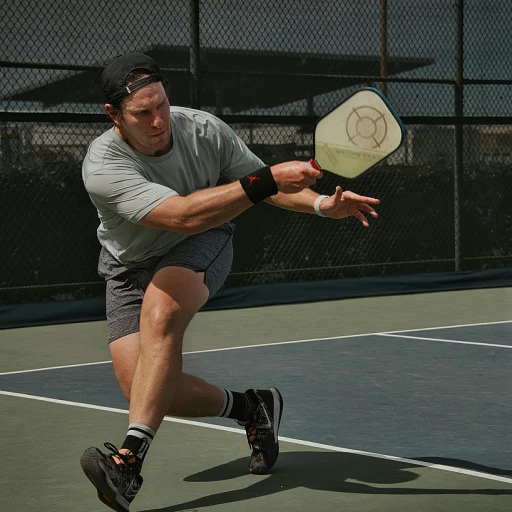
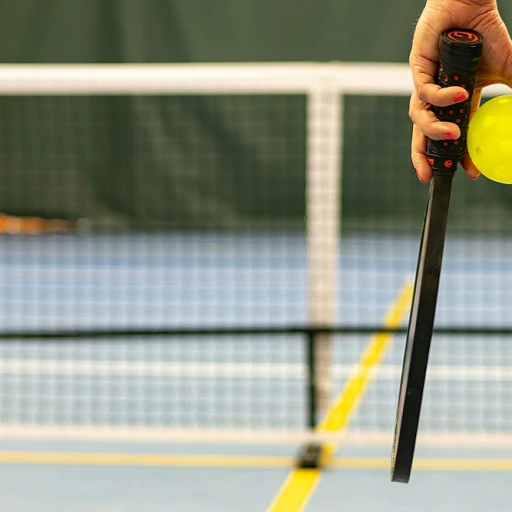
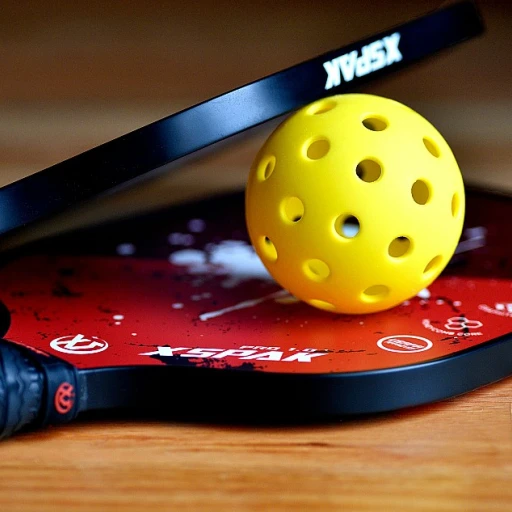
-large-teaser.webp)
